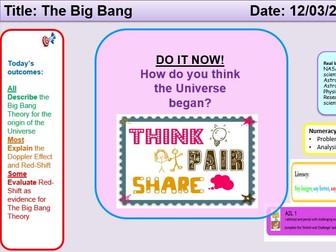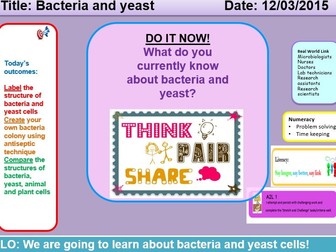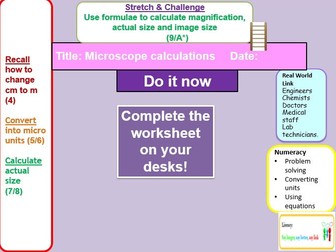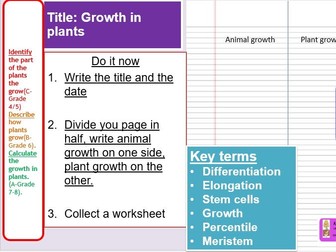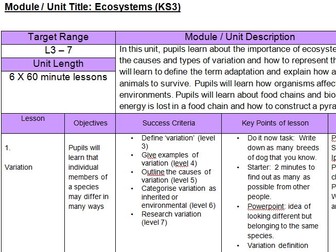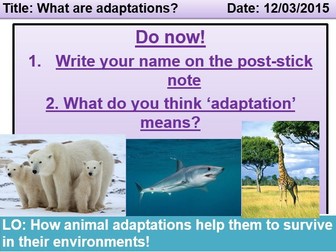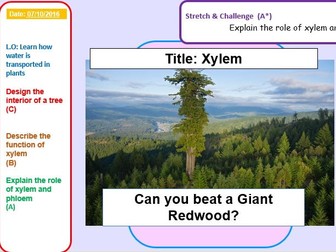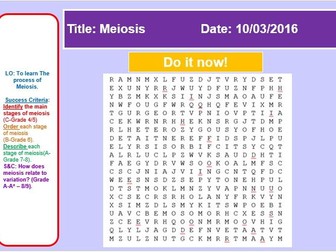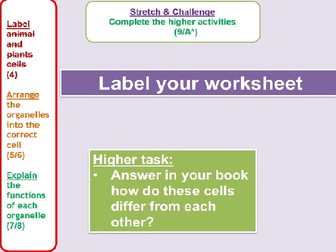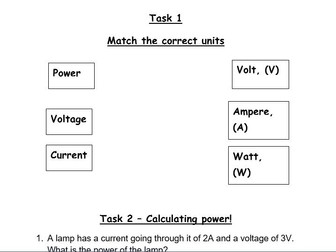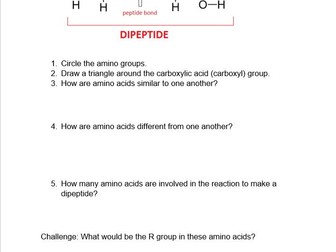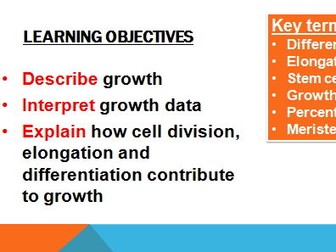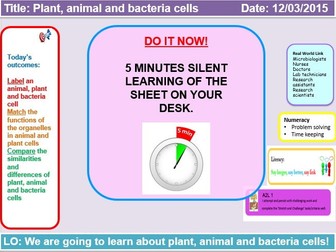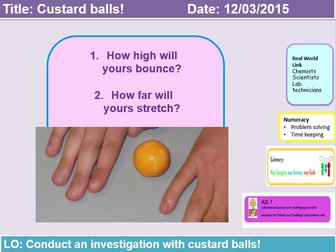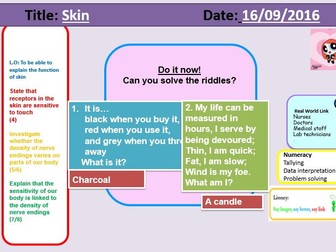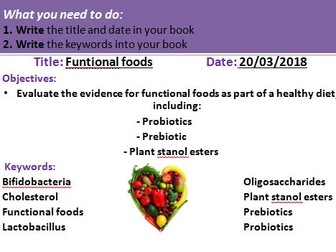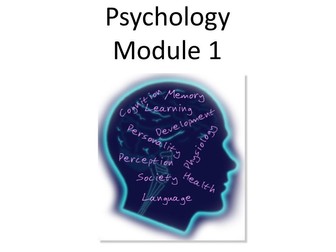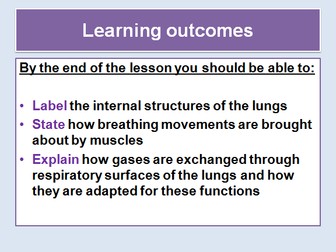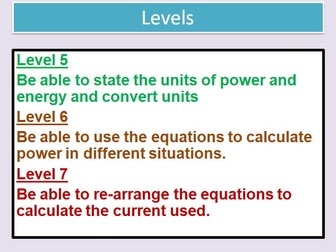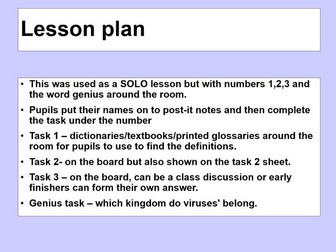
Outstanding enzymes lesson
I taught this during an observation and was given an outstanding grade. This an adapted SOLO taxonomy lesson, it runs completely independently and pupils work out everything for themselves. The first task is a jigsaw-like puzzle with enzyme and substrate fitting together, pupils used this to then answer the first task of which enzymes fit which substrates, from this they are able to describe the active site. Task two pupils identify which molecules make up proteins, carbs and lipids and answer why starchy bread becomes sweet. Task three pupils read through a short passage and interpret a graph to understand what is meant by the term optimum temperature. Finally the genius task relates enzyme function to body temperature. Everything needed for this lesson is included.

